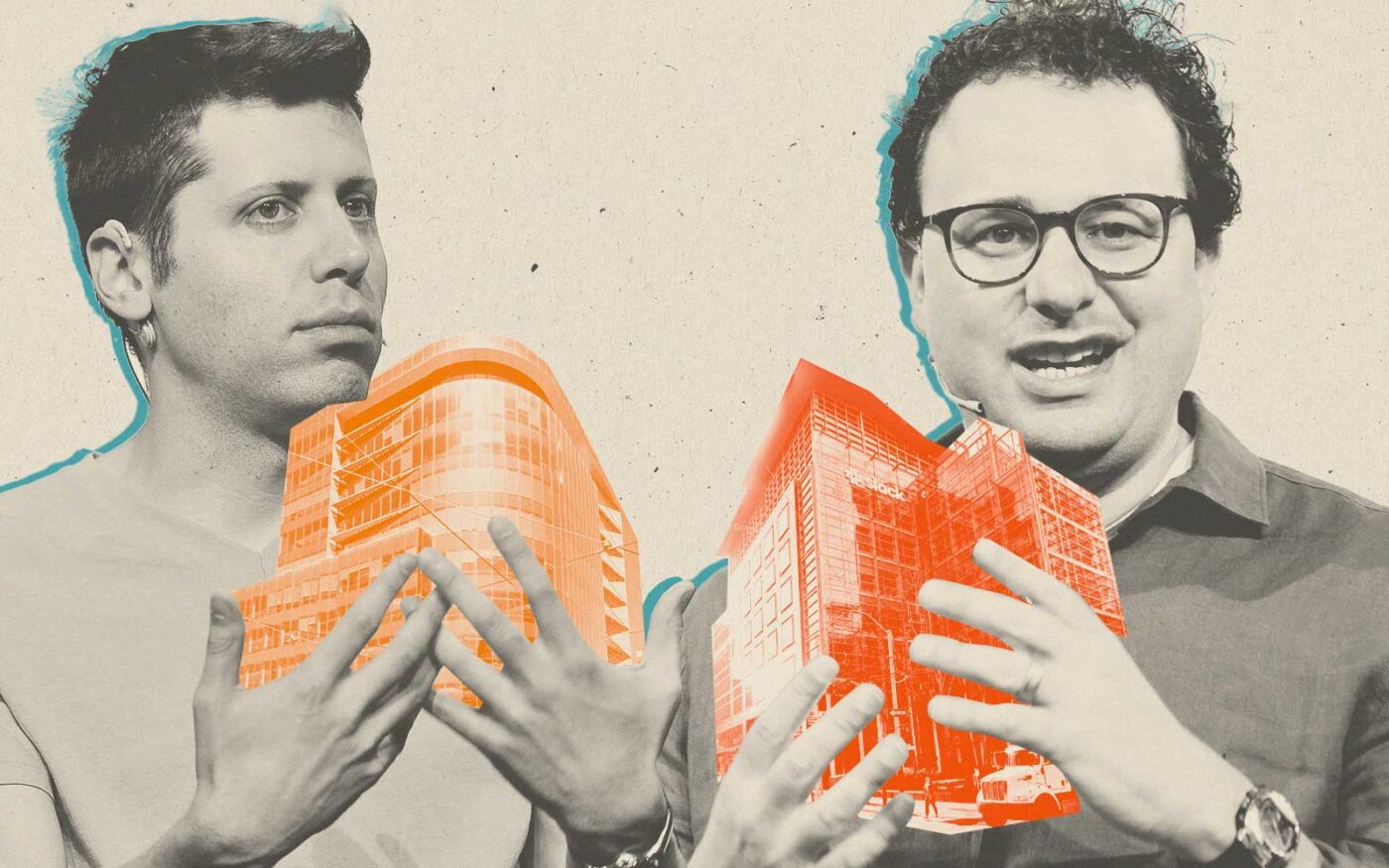It takes longer to close deals for office leases and subleases in San Francisco.
Two pending sublease deals from AI firms Anthropic and OpenAI have ticked along for months, causing stakeholders to ask: What’s taking so long?, the San Francisco Business Times reported.
The answer is that tenants now have more people involved in making decisions about where and when they might lease space, for how long and at what rates, real estate experts say.
OpenAI, maker of ChatGPT, is still wrapping up a deal to sublease 455,000 square feet in two office buildings in San Francisco’s Mission Bay, the largest lease in the city since 2018.
The San Francisco-based artificial intelligence firm has been in serious talks for months to take up part of Uber’s corporate hub at 1725 Third Street. OpenAI is awaiting approval from a joint venture between Alexandria Real Estate Equities, the Golden State Warriors and Uber, which owns the property.
Anthropic last month agreed to sublease Slack’s 230,000-square-foot headquarters at 500 Howard Street in South of Market. The firm is awaiting final approval from Chicago-based Heitman, which owns the building.
Sublease deals are more complex than direct leases, given the number of parties involved, so they take more time to get done.
Negotiations can involve not just the tenant and sub-landlords, but building owners and the property’s lender.
And there are more of those deals now than before the pandemic, according to CBRE. Some 43 percent of the square footage leased from June through September were subleases, while less than a third were direct deals.
Even direct leases for offices in San Francisco are taking longer than before the pandemic.
That’s because the city’s one in three empty offices have given prospective tenants more choice, and reduced the competition for workspace.
Before the pandemic, it took San Francisco landlords from nine to 12 months to lease offices, according to Caroline O’Loughlin, a San Francisco-based vice president with CBRE. It now takes a year to 15 months.
For tenants, that means there’s more to gain, she said.
“Ultimately, the leases themselves are probably better — more favorable to the tenants — and hopefully the tenants feel more, like, ‘OK, this is exactly what we wanted to solve for. It took an extra three or four months, but we feel like we’re not regretting the decision we made,’” O’Loughlin, who mainly represents fast-growing tech companies, told the Business Times.
The more time it takes for landlords to reach a lease deal, the longer it takes them to collect rents, Colin Yasukochi, executive director of CBRE’s Tech Insights Center, said.
Size matters, with smaller suites in San Francisco’s trophy office buildings in greater demand. Anthropic and OpenAI, with their large pending deals, are less urgent.
What’s less clear is what kind of urgency, if any, the two are bringing to the negotiating table, according to the Business Times.
— Dana Bartholomew
Read more



